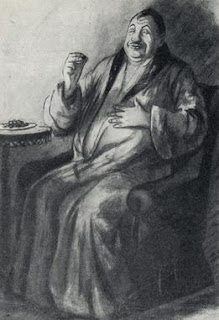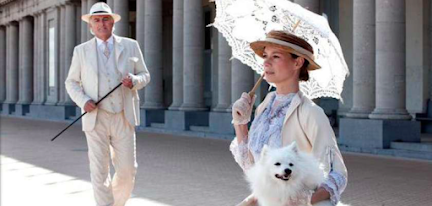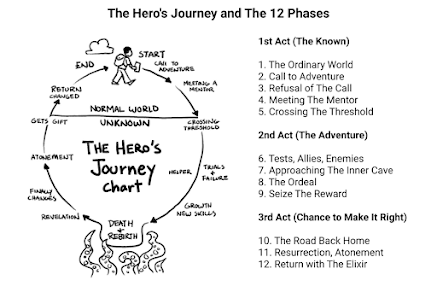The Boarding House, By James Joyce (1914) - Paralysis
The Boarding House, By James Joyce (1914) Rating: 8/10 In The Boarding House , we can say that Polly symbolizes a woman who is not independent. Polly's return to her mother's boarding house after working as a pie piste meant that she had failed in her attempt to become independent from her mother, who had a strong desire to dominate. Also, her marriage to Doran shows that Polly does not have any freedom. Mrs. Mooney uses her young daughter Polly to lure in her young boarders which shows her corrupted aspect. Doran fears that if he doesn't marry Polly, his reputation will suffer and he will lose his job, so he eventually marries Polly. Polly, Mrs. Mooney, and Mr. Doran all symbolize people who are paralyzed for some reason. They are all paralyzed and choose an unfortunate future. All of James Joyce's works have a common theme: 'paralysis'. Eveline's failure to choose a new future with Frank and her return to her family in Eveline can also be interpreted as p...


